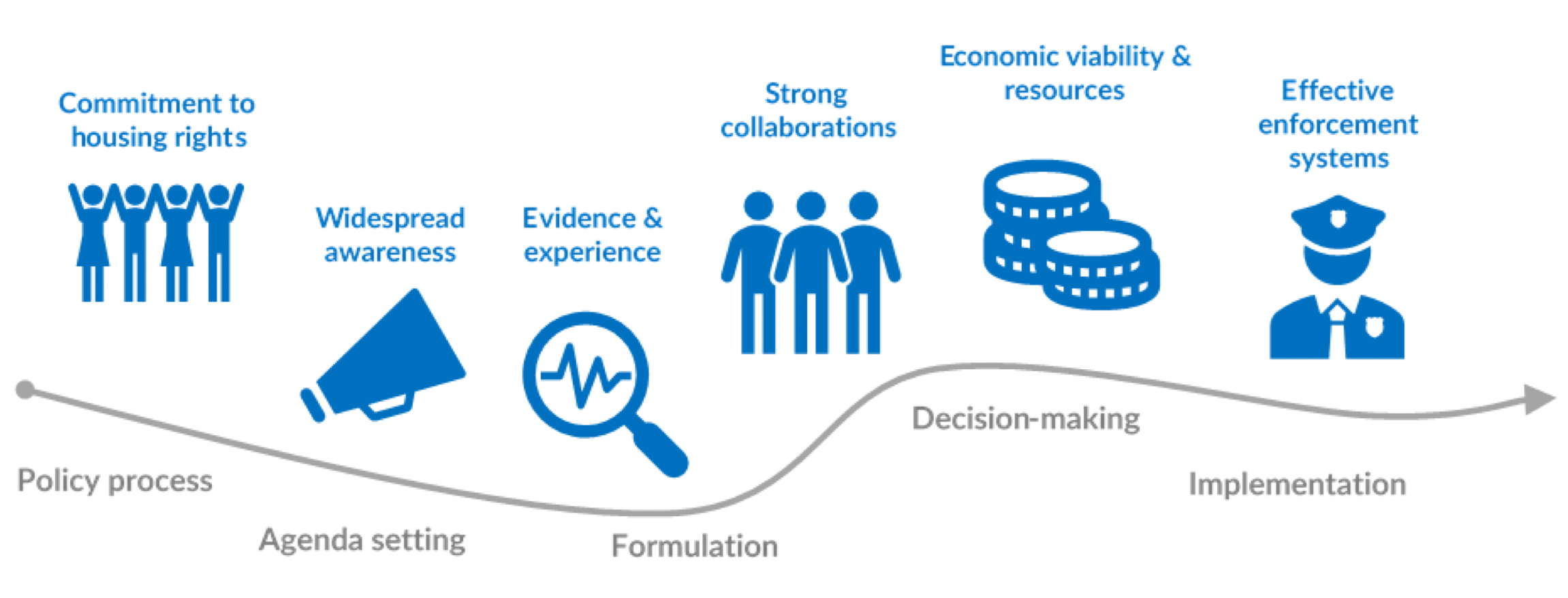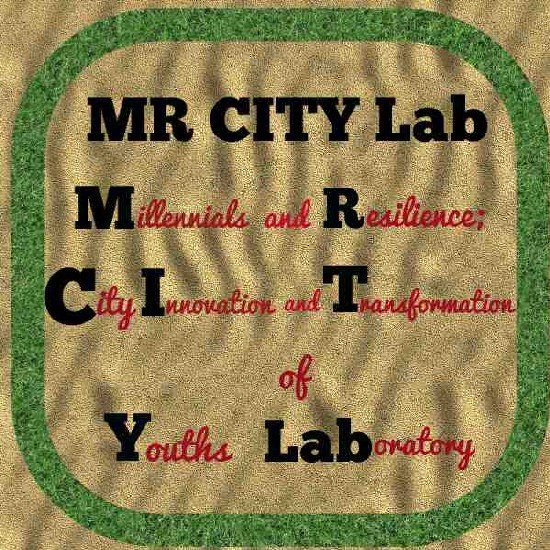City Know-hows

Generating awareness and evidence of existing housing conditions and their health impacts are fundamental. That makes it possible to collaborate across sectors and with stakeholders, establishing effective enforcement and tackling issues concerning private rights.
Share
Target audience
Policy makers, urban leaders, expert groups on housing
The problem
There is a lack of housing policy that stipulates requirements for health. A recent publication from WHO, its Housing and Health Guidelines re-focuses us all on the need to consider housing when providing healthy environments.
What we did and why
We completed a review of the literature that discussed the development and implementation of healthy housing policy, to understand what worked and to guide the development of this policy area.
Our study’s contribution
Our evidence review sets out lessons for those who are working in housing and health to take forward and then enable better policy development and implementation.
Impacts for city policy and practice
What enables health housing policy development and implementation?
We need to
Further information
Full research article:
Getting to effective housing policy for health: a thematic synthesis of policy development and implementation by Emily Nix, Andrew Ibbetson, Ke Zhou, Michael Davies, Paul Wilkinson, Ramona Ludolph, and Helen Pineo.
Related posts

Going by the current trends of urbanisation in Africa, it is necessary to seek new ideas to improve ecology, human health, and well-being. ‘MR CITY’

This study measured the effectiveness of stepping stones as an element of landscape design – to make walking a more effective form of exercise for health. The average increase in heart rate due to steppingstones was 17.22%. In conclusion, we estimate that stepping stones can significantly increase peoples metabolic and physiological parameters, and can help the wider population to achieve the recommended government and health guidelines of ‘moderate exercise’ of 150 min/week, improving population health. This new evidence can help designers to implement ‘Active Urbanism’ strategies.

Heat exposure and greenness influence health and learning outcomes. Satellite images show schools on the Coast have strong heat stress levels and low vegetation; schools in the Andes have the largest solar radiation. Reforming school infrastructure standards is urgently needed in Ecuador. To describe environmental conditions in nine Ecuadorian schools, we analyzed three variables: temperature, vegetation, and solar radiation derived from satellite images that we downloaded from Google Earth Engine. We compared schools across three ecoregions to see differences in range and average values.